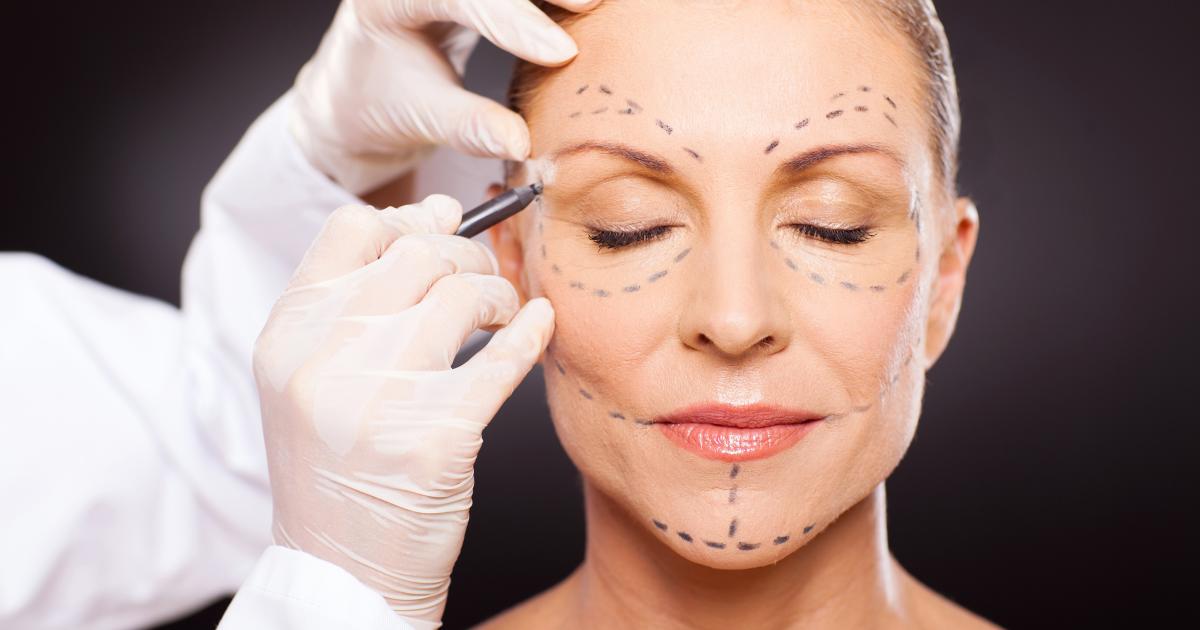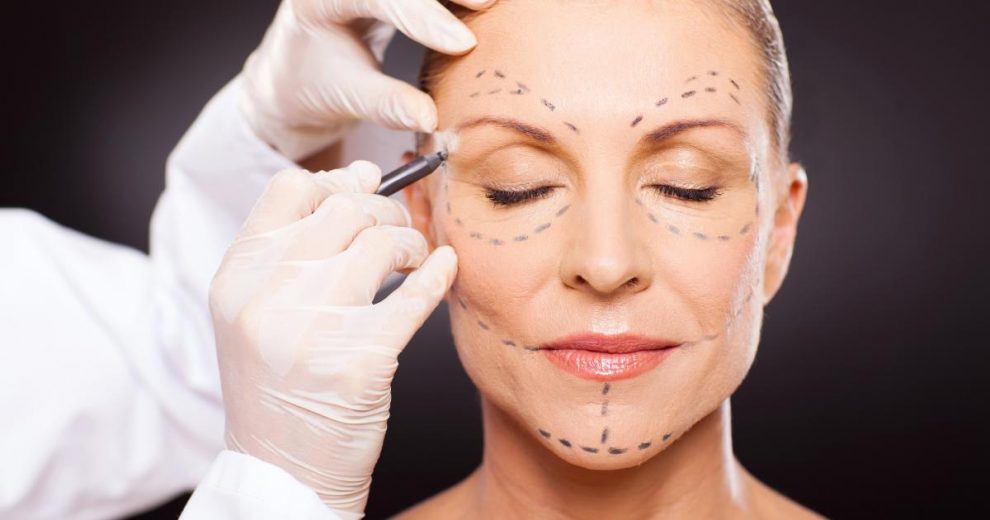
Cosmetic or aesthetic surgeries have been increasingly recognized not as a mere vanity pursuit but as a journey towards enhanced self-image. As modern society grapples with the complexities of beauty standards, the relevance and impact of aesthetic surgeries have never been more profound. This article will delve into the role of aesthetic surgeries in shaping self-image, integrating advanced technology, real-life examples, and pertinent quotes from notable individuals.
Understanding Aesthetic Surgeries and Self-Image
Self-image is the mental representation one holds about oneself, including beliefs about one’s appearance. Aesthetic surgeries offer an avenue to alter physical aspects that may cause discomfort or dissatisfaction, thereby improving self-image.
As the famed plastic surgeon Ivo Pitanguy once said, “The most important thing is that the person likes herself.” The ethos of aesthetic surgery aligns with this notion. While the outward changes following surgery are visible to the eye, the inner transformation—enhanced confidence, self-esteem, and body positivity—often stands as the more significant victory.
The Role of Technology in Aesthetic Surgery
Innovation in technology has transformed the landscape of aesthetic surgeries, making procedures safer, more efficient, and providing results that are more natural-looking. These advancements have made aesthetic surgery more accessible, contributing significantly to its growing popularity.
For example, technologies such as 3D imaging allow surgeons and patients to visualize the potential results of a procedure, ensuring that patients’ expectations align with potential outcomes. This approach helps foster a healthier self-image post-surgery, as patients have a realistic understanding of what to expect.
Similarly, minimally invasive techniques have revolutionized procedures like liposuction and facelifts, reducing recovery time and improving patient satisfaction.
Real-Life Examples: Impact of Aesthetic Surgeries on Self-Image
The transformative power of aesthetic surgery can be seen in numerous real-life instances. Take the case of renowned TV personality Sharon Osbourne, who has spoken candidly about her positive experiences with aesthetic surgery. She credits these procedures with boosting her self-esteem and contributing to a more positive self-image.
In a more everyday context, consider the experience of individuals who undergo rhinoplasty (nose reshaping surgery). A study in JAMA Facial Plastic Surgery found that, besides the obvious physical transformation, patients often reported improved self-esteem and overall quality of life following the procedure.
The Balance: Self-Image, Aesthetic Surgery, and Mental Health
While aesthetic surgeries can significantly enhance self-image, it’s crucial to balance expectations. Surgery can make physical changes, but it’s not a panacea for all self-image issues, which can often be tied to deeper psychological concerns. As with any major decision, it’s important to consider the potential emotional and mental health impacts.
Those considering aesthetic surgery should engage in open dialogue with medical professionals to ensure their reasons for seeking surgery are healthy and their expectations realistic.
Conclusion: Aesthetic Surgery as a Path to Positive Self-Image
In the words of Sophia Loren, “Nothing makes a woman more beautiful than the belief that she is beautiful.” Aesthetic surgeries can, in many cases, act as a catalyst for this belief, helping individuals align their outward appearance with their inner perception of themselves.
However, it’s crucial to remember that while aesthetic surgeries can contribute to an improved self-image, they are not a complete solution. True self-image enhancement comes from a combination of inner confidence, self-acceptance, and finding joy in one’s own individuality.
The journey towards enhanced self-image through aesthetic surgery is a personal one, and it’s different for everyone. However, with careful consideration, consultation with professionals, and a healthy mindset, aesthetic surgeries can indeed serve as a stepping stone towards a more positive self-image.















